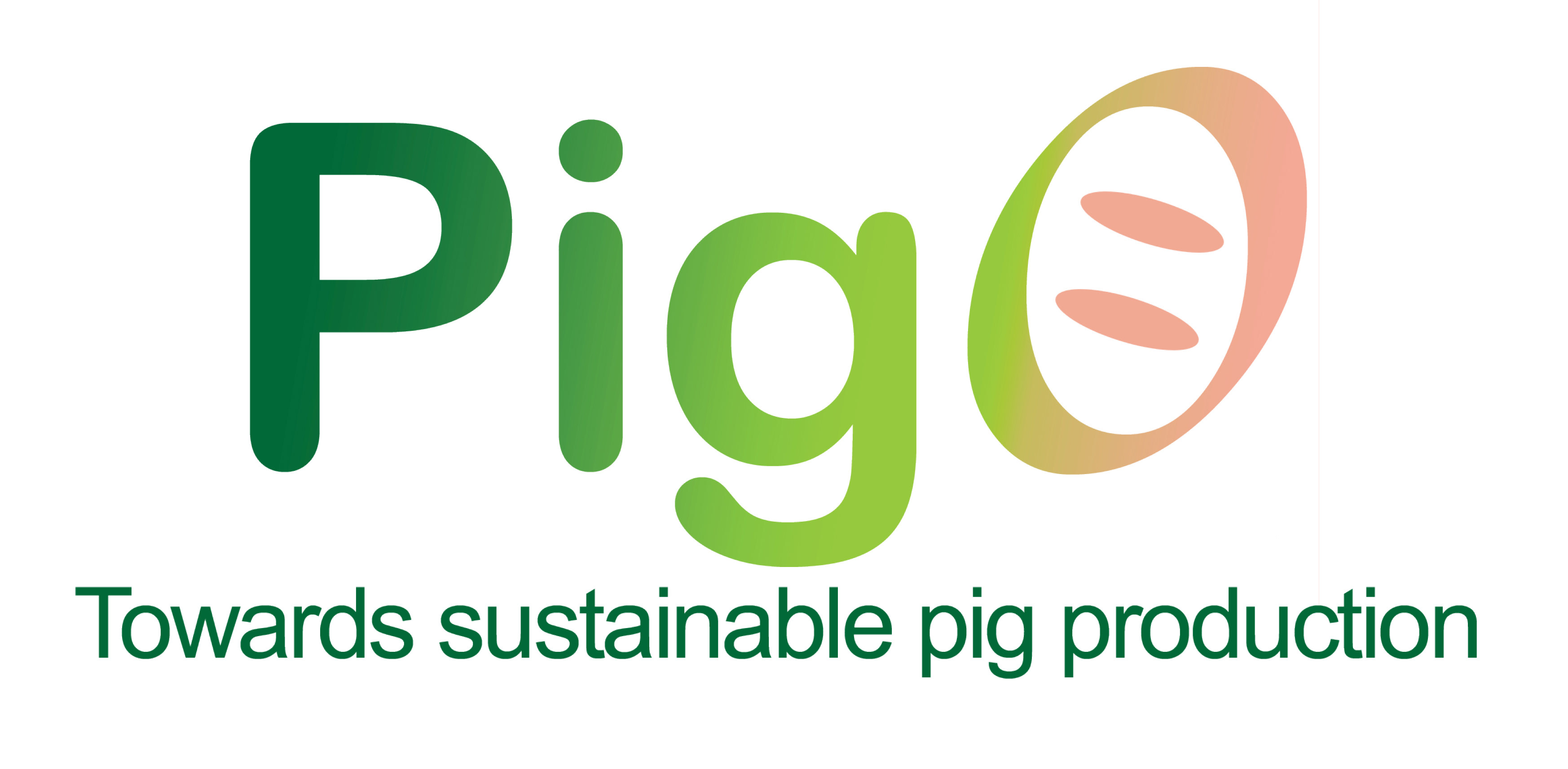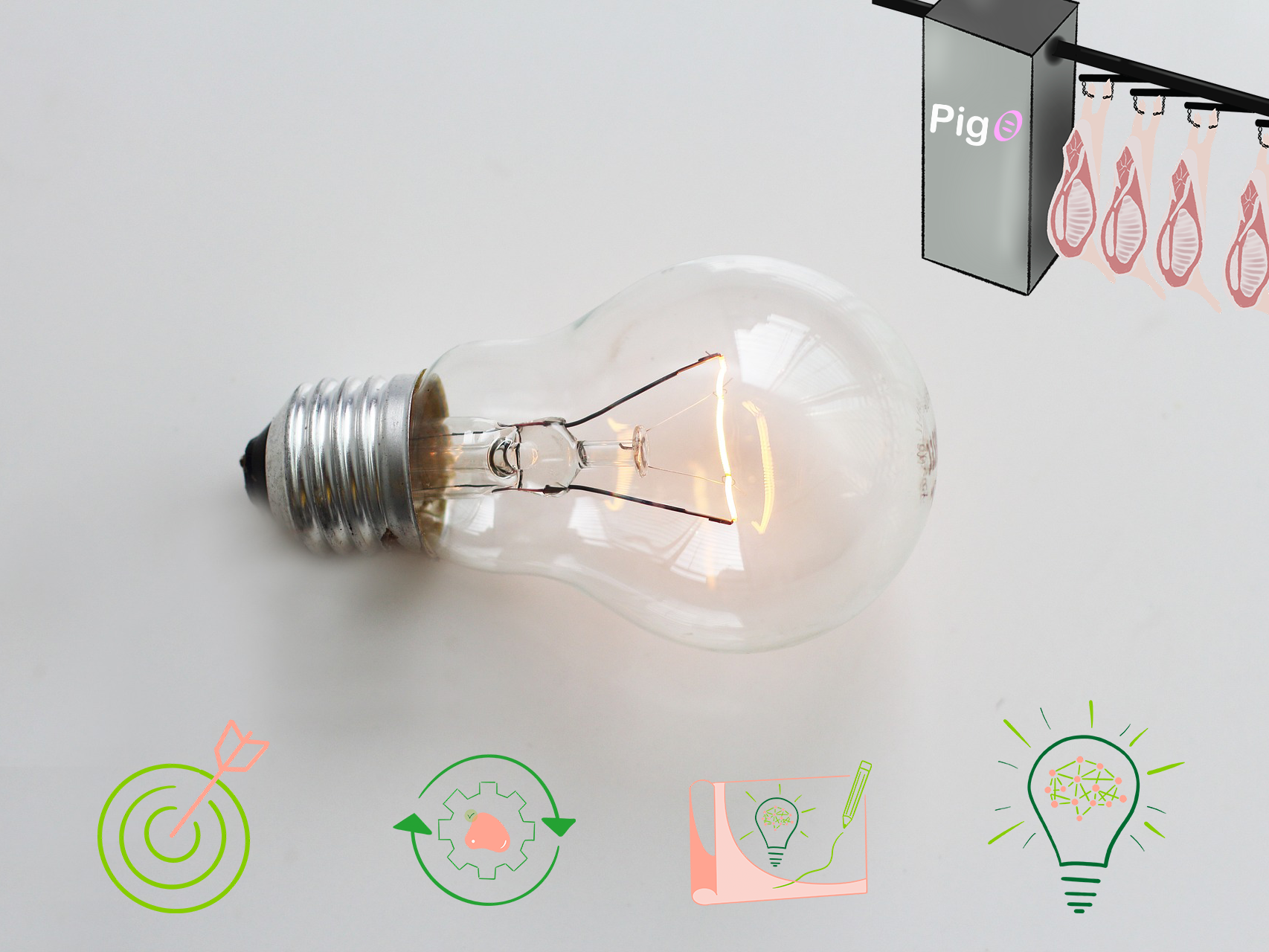Castration of piglets impairs animal welfare, increases greenhouse gas emissions, and decreases farmers’ economics. Castration has been criticized by the public and the EU has been aiming to ban surgical castration since 2018.
The production cost of a surgically castrated pig to the weight of 100 kg as compared to an entire male pig is estimated at 50 EUR/pig higher, 15-20% more feed is required to produce the same amount of meat and nitrogen excretion is about 15% higher.
Therefore the sustainable, welfare-friendly, cost-effective solution that can meet consumers' demand, is to raise entire male pigs and to inspect the meat with an automated on-line classification for boar taint, as well as overall quality and safety.


